Attracting participants
Efforts are needed to boost the number of banks directly participating in CIPS. The more direct participants there are, the stronger the network will become and the faster payment and settlement will be, Zhang said.
Project mBridge may assume greater importance going forward as an alternative and more efficient option for global payment and settlement, he added.
Xiong Aizong, a senior research fellow at CASS' Institute of World Economics and Politics, said there is room for development concerning offshore renminbi clearing, which can increase the cross-border trade and use of the yuan.
"Last year, renminbi clearing banks or arrangements were established in Brazil, Pakistan, Serbia, Cambodia and other economies, which greatly promoted the use of renminbi by enterprises and financial institutions in these economies for cross-border transactions," Xiong said.
Deepening high-level financial opening-up to expand the channels for foreign investment in renminbi assets is also key to internationalizing the currency, he said. The Bond Connect program launched in 2017, the improved qualified foreign institutional investor mechanisms, and the Swap Connect market access scheme launched last year, have all added to the currency's appeal to international investors, Xiong added.
Pan Gongsheng, governor of the PBOC, said in an interview with People's Daily in August that the central bank will promote renminbi internationalization by adhering to market-driven and voluntary principles, continue to improve cross-border renminbi policies, optimize the global layout of renminbi clearing banks, and promote the healthy development of the offshore renminbi markets.
In line with Pan's remarks, the PBOC in August inked a memorandum of understanding with Vietnam's central bank for bilateral local currency swaps, which can facilitate cross-border trade and investment in the renminbi. By the end of 2023, the PBOC had entered into agreements with over 40 central banks for bilateral local currency swaps totaling 4.16 trillion yuan.
Pan added that the central bank will keep the renminbi exchange rate generally stable at a reasonable, balanced level.
Huang Yiping, dean of Peking University's National School of Development, said China should also consider providing commercialized investments, low-cost funding and government aid to developing economies to help them bridge the funding gap in achieving a green transition.
Such a scheme would be comparable to the U.S.-sponsored Marshall Plan to rebuild post-World War II Europe, but with a focus on green development. The scheme would be a "win-win" as it would facilitate the global pursuit of carbon neutrality, while helping bolster China's new energy exports and promoting the internationalization of both Chinese financial institutions and the renminbi, Huang said.











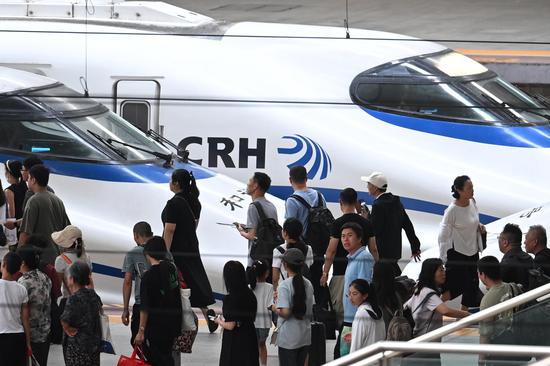



















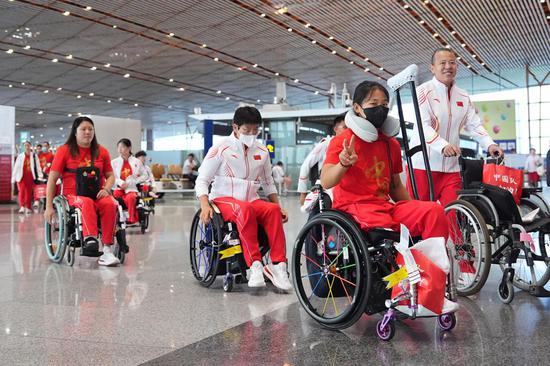
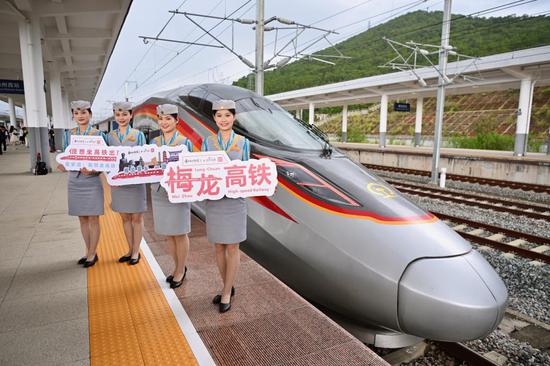




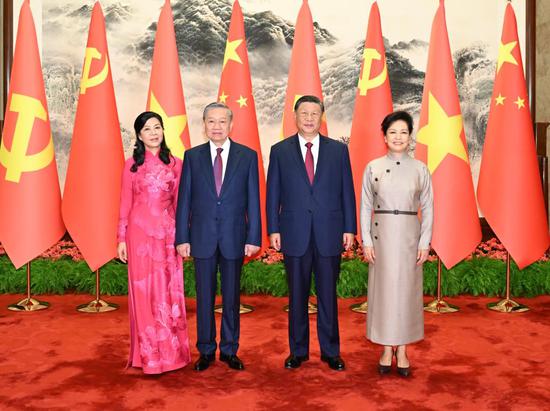
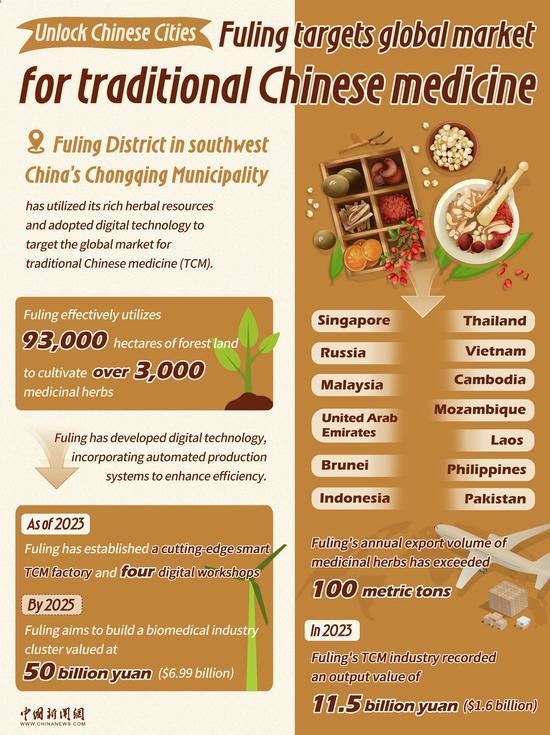
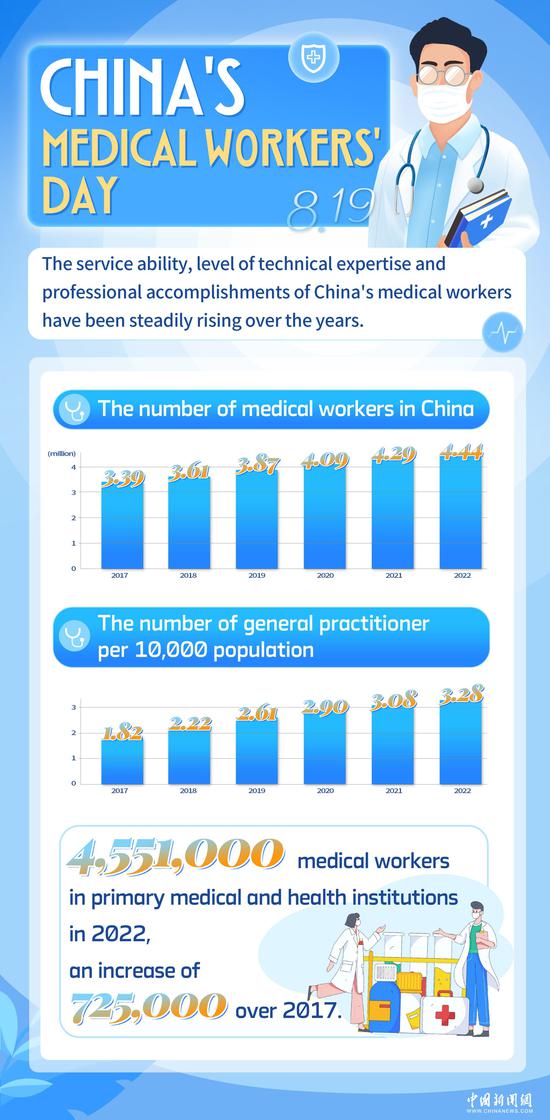
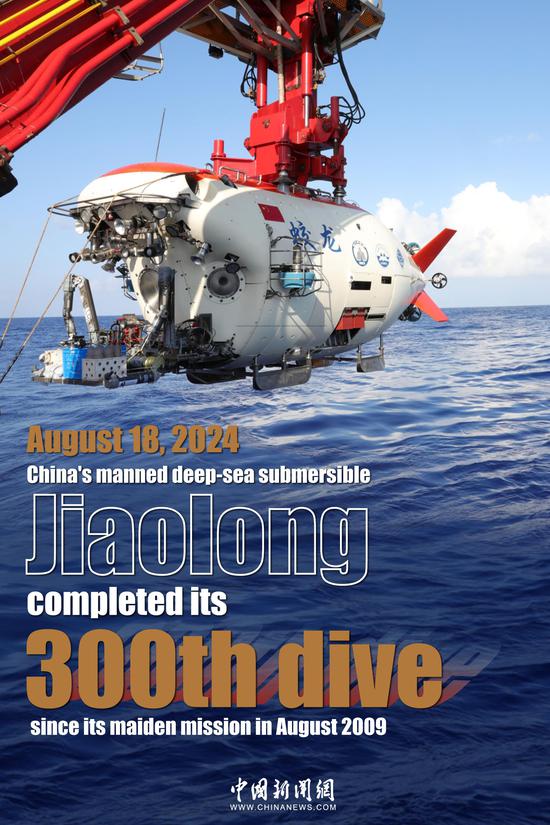





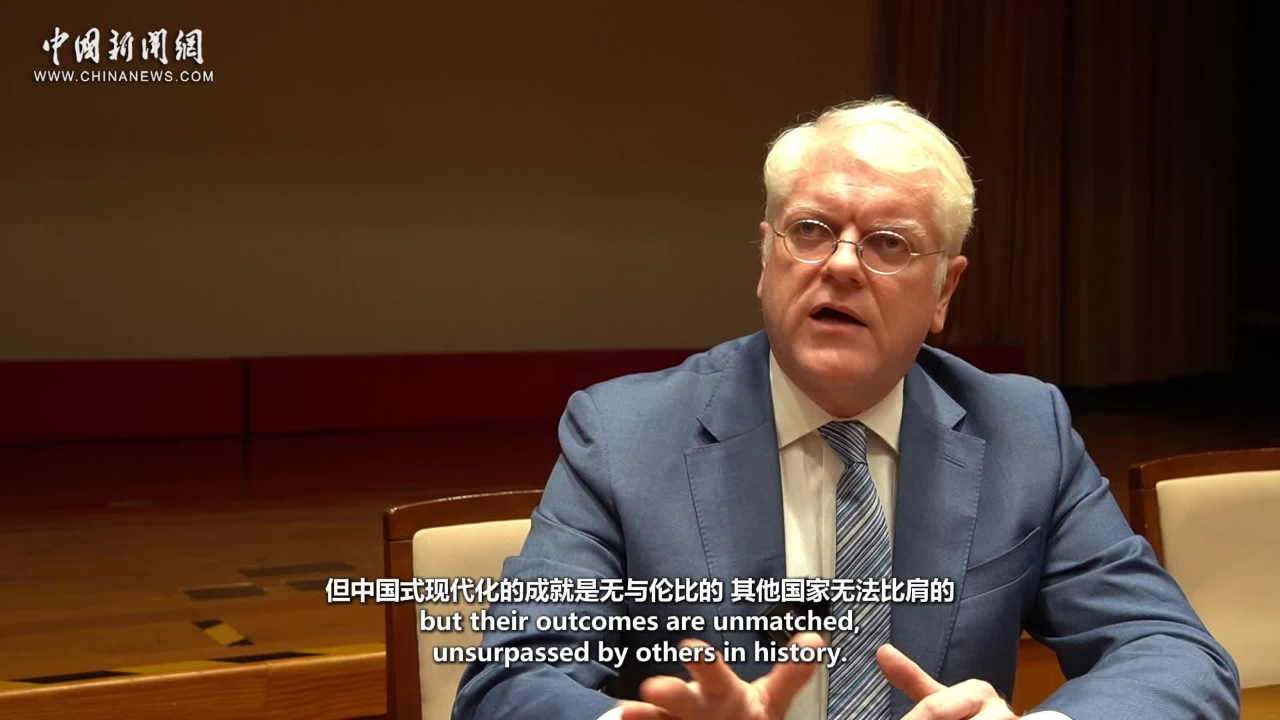



 京公网安备 11010202009201号
京公网安备 11010202009201号